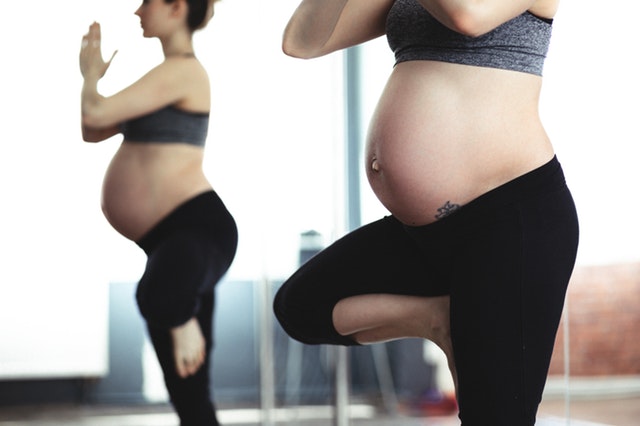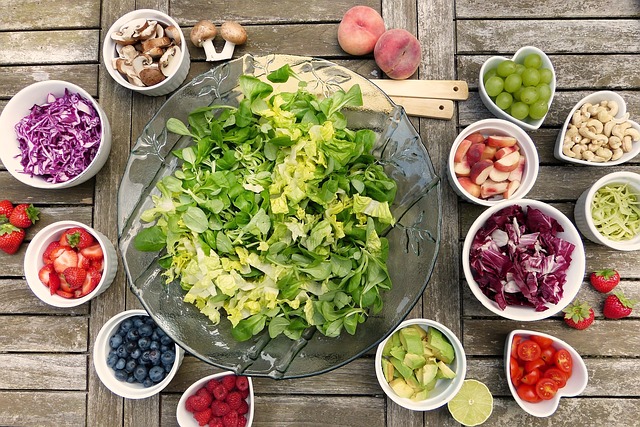Keeping Fit during Pregnancy

Pregnancy, labor and birth can make huge demands on the body and it is best to be prepared physically and mentally.
You can start exercising as soon as the pregnancy is confirmed or even before you are pregnant and then build up gradually so as to be able to retain a 20 min daily schedule throughout those nine months. If there are any health concerns, do consult an expert or go to antenatal classes to learn the right techniques.
Guidelines for Exercising Sensibly
- If you have enjoyed sports, you can continue fitness in pregnancy, but do not launch into a fitness overdrive in case the body is not accustomed.
- If you want to continue dance classes make sure the instructor knows that you are expecting
- Don’t exercise to the point of tiredness or breathlessness
- Avoid a sport like riding or skiing that can stress abdominal muscles
- Take extra care in the first and the last semester of pregnancy.
Safe Exercises during Pregnancy
- Swimming is an excellent and perfectly safe exercise as water ably supports the body.
- Brisk walking
- Stationary bicycling
- Low impact aerobic exercises that are taught by a qualified instructor
- Tennis and badminton are safe provided you are careful with balance
- Jogging and running can be done in moderation
- Yoga can be done under a trained instructor who has been informed about the pregnancy
Exercises to Be Avoided During Pregnancy
- Any exercise/activity that involves holding your breath
- Activities where you can fall – horse riding, skiing etc
- Contact sports like football, basketball, volleyball etc
- Exercises that may cause stress to the abdomen and even rapid changes in directions like the Ferris Wheel and other joy rides
- Activities that require jumping, hopping skipping
- Deep knee bends, full sit ups, double leg raises, straight leg toe touches etc.
- Exercises that require lying on the back or the right side for more than 3 minutes
Who Should not Exercise
- Expectant mothers with asthma
- Those with diabetes
- Those with hypertension including PIH or Pregnancy induced hypertension
- In case of bleeding or spotting
- Weak cervix
- Ruptured membranes
- Premature labour during current pregnancy
- Severe anaemia
- Extreme morbid obesity
- Extremely underweight
- IUGR pregnancy
- Poorly controlled thyroid disorder
- Those with a history of extremely sedentary lifestyle
- Heavy smokers
Question of the Day
Is there any particular exercise that should be practiced during pregnancy?
Pelvic floor exercises can be really helpful if learnt and practiced regularly during pregnancy. Pregnancy puts a lot of burden on the pelvis and the pelvic floor exercises strengthen the pelvic muscles. This can ease the problem of leaking urine problem and even ensure an easier labor.
When you know how to relax the muscles, you can reduce the risk of a tear by easing the passage of the baby through the pelvis. Take the help of your fitness consultant or doctor to learn this exercise.
To read more on Pregnancy, click on the link below,



